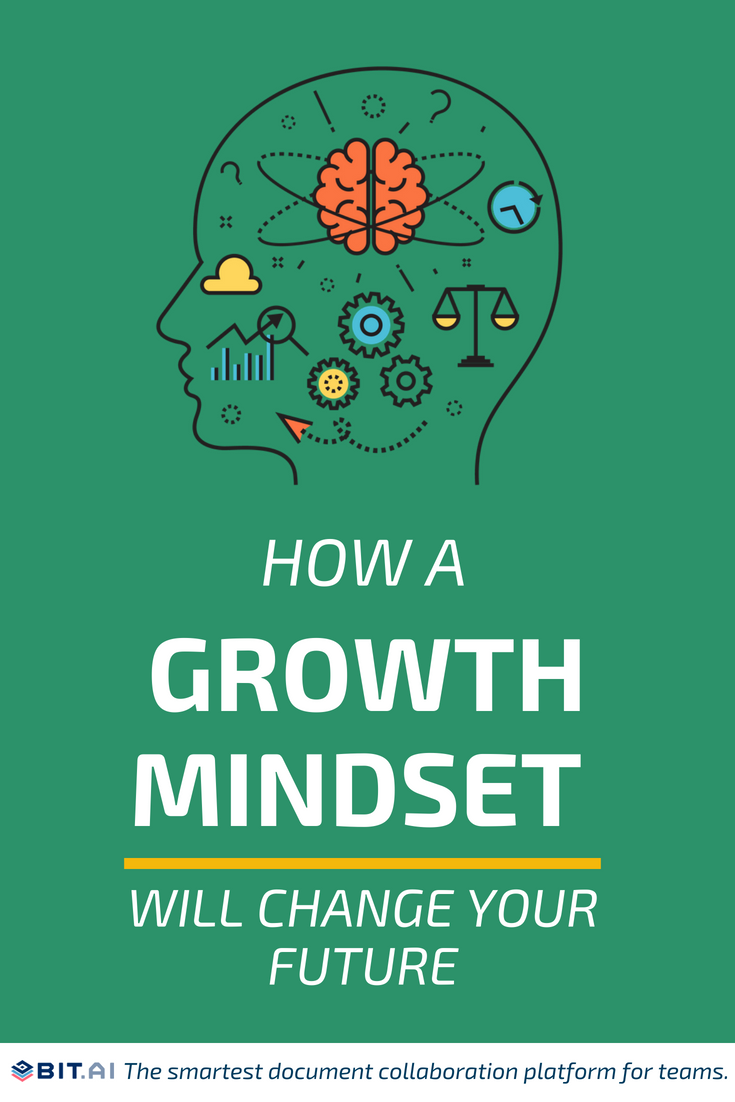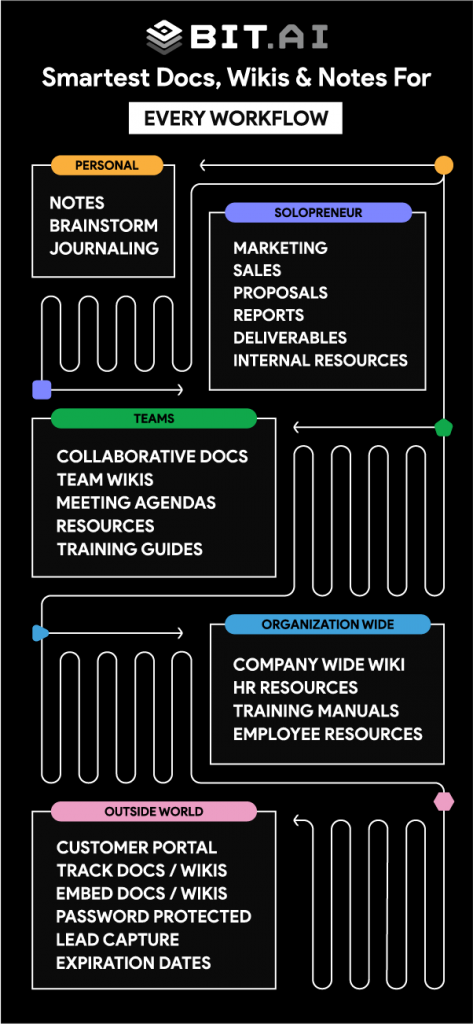Have you ever heard the term “growth mindset”? What does that even mean?! Let’s find out!
“You can do anything you set your mind to.”
The human mind can be a tricky thing. You can either feed it thoughts that put you on the path to success or you can feed it stuff that makes you question and doubt every step you take, sabotaging any and every chance of success you ever had.
You might think that talent, intelligence, personality, creative thinking, decision-making, or the ability to take greater risks is the reason why people accomplish great things, while others fail to succeed.
Even though all of those things can play a huge role in determining and leading a person to success, it is not what science has found.
According to Stanford psychologist Carol Dweck, the best predictor of success in life is your mindset. People who believe that they can do better in life lead them to the path of success.
“When you enter a mindset, you enter a new world. In one world — the world of fixed traits — success is about proving you’re smart or talented. Validating yourself. In the other — the world of changing qualities — it’s about stretching yourself to learn something new. Developing yourself.” – Dweck
A mindset, according to Dweck, is a self-perception or “self-theory” that people hold about themselves. For example, believing that you can crack that exam is a simple example of mindset.
This belief plays a big role in an individual’s ability to learn and grow, acquire new skills, professional or personal success, etc. On the other hand, thinking that the test is too hard to pass automatically puts you in the back seat and often leads to the outcome you feared.
Read more: How To Achieve Your Objectives By Setting SMART Goals
Two Types of Mindset
Carol Dweck (2006) popularized the idea of mindsets in her book, “Mindset: The New Psychology of Success” by proposing two contrasting views on an individual’s mindset- one being a fixed mindset, while the other being a growth mindset.
1. Fixed Mindset
People with a fixed mindset believe that their basic qualities, like their intelligence or talent, are simply fixed traits.
These people believe that skills and talents are static traits that people are born with, and they can do nothing to change that.
They spend their time documenting their intelligence or talent instead of developing them. They also believe that talent alone creates success—without effort.

So it doesn’t matter how hard smart or hard you work, nothing will change these fundamental characteristics.
People with fixed mindsets are usually out to prove themselves whether they are talented or not and get defensive when they make a mistake.
They often come up with excuses or blame external forces for their failures. For example, you might have heard a student saying “I am not good at math which is why I couldn’t pass the test”. This is a classic case of a fixed mindset.
“Believing that your qualities are carved in stone creates an urgency to prove yourself over and over. If you have only a certain amount of intelligence, a certain personality, and a certain moral character, well then you’d better prove that you have a healthy dose of them. It simply wouldn’t do to look or feel deficient in these most basic characteristics.” – Dweck
2. Growth Mindset
Alternatively, “In a growth mindset, people believe that their most basic abilities can be developed through dedication and hard work—brains and talent are just the starting point. This view creates a love of learning and a resilience that is essential for great accomplishment”.
Thus, individuals who believe they can do it, i.e. crack that test, get that job, or in general, achieve success, often end up learning more to achieve their goal.
They view challenges as opportunities to learn something new and don’t shy away from failing and getting back up.
To sum it all up Individuals who achieve great things believe they can do so by working hard, honing their skills, learning from others, and being persistent in the pursuit of their goal (growth mindset).
Others who think that intelligence or abilities are static and cannot be developed through hard work mostly end up mediocre and not reaching their full potential.
Read more: 21 Growth Hacking Tools For Success
How to Transform Fixed Mindset To Growth Mindset? Follow these Steps!
Step 1. Hear that voice!
You know that little voice in your head that keeps on whispering something anytime you’re about to do something important? Recognizing this voice is the first step to achieving a growth mindset.

“As you approach a challenge, that voice might say to you, ‘Are you sure you can do it? Maybe you don’t have the talent’ or ‘What if you fail–you’ll be a failure,'” Dweck explains in her post. Pay close attention to that self-deprecating voice in your head.
Step 2. You have two options!
The next step is recognizing that you have a choice. “How you interpret challenges, setbacks, and criticism is your choice,” Dweck points out.
You can interpret them in a fixed mindset as signs that your fixed talents or abilities are lacking. Or you can interpret them in a growth mindset as signs that you need to ramp up your strategies and effort, stretch yourself, and expand your abilities.”
Always remember the fact that only you can make the choice between settling for mediocrity and going for greatness!
Step 3. Retaliate
Whenever you notice the fixed mindset voice influencing your thoughts and behavior, setting you up for failure, retaliate. Talk back to the voice using positive reinforcements. Dweck offers many examples of this situation:
The fixed mindset says, “Are you sure you can do it? Maybe you don’t have the talent.”
The growth mindset answers, “I’m not sure I can do it now, but I think I can learn to with time and effort.”
Fixed mindset: “What if you fail–you’ll be a failure.”
Growth mindset: “Most successful people had failures along the way.”
Step 4. Act
The last step is to act on the growth mindset. It’s important to recognize where you’re going off and take charge of your thoughts.
But it’s equally important to act on those growth mindset thoughts to get anything meaningful out of this strategy.
Conclusion
The growth mindset- the belief that you can achieve your ambitions and goals by working hard and being resilient and persistent can be a big motivator for success.
The growth mindset strategy can not only be used by students to get better grades or land a good job, but it can also be used as a corporate strategy to boost employee performance.
Company-wide implementation of a growth mindset can encourage employees to not be discouraged by failure but to learn from it and grow.
A growth mindset promotes workplace collaboration and teamwork amongst employees as they know that they can learn from each other and reach their goals collectively by helping each other along the way.
Individuals and organizations can gain a lot by increasing their understanding of growth mindset concepts and then putting them into practice.
Do you have a fixed mindset or a growth mindset? What do you think of these concepts? Let’s have a discussion in the comments below!
Further reads :
- Top Technology Trends To Watch For In 2022
- 13 Growth Marketing Strategies You Must Know About!
- 12 Awesome Tips To Help You Grow Your Business!
- Growth Plan: What is it & How to Create One? (Steps Included)
- Growth Marketing: What is it & How to Carry it out for your Business?
- 30 Hard Work Quotes To Get You Motivated For Success
- 10 Productivity Tools That Will Help You Achieve More In Less Time
- 19 Work Habits To Get The Career Growth You Deserve
[/vc_column_text]

Related posts
Bit.ai | Watch to Learn More
What is Bit.ai?
Bit.ai is an innovative AI-driven knowledge and Document Managment suite designed to empower knowledge workers by streamlining the creation of, documents, wikis, and notes. With an intuitive interface and seamless integration, Bit.ai acts as a versatile assistant to help you collaborate, generate, organize, and visualize your ideas effortlessly. Whether you are drafting a report, managing a project, collaborating with your team or clients, or brainstorming new concepts, Bit.ai brings intelligence and creativity to every aspect of your work process.



